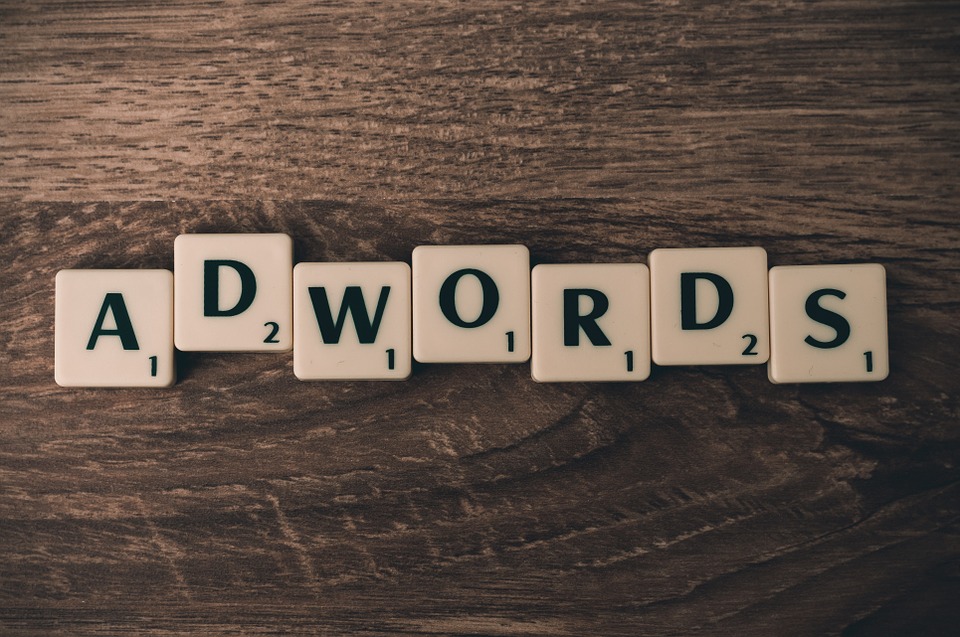
 Google’s AdWords is by far the most popular engine driving pay-per-click advertising. For the laymen, PPC advertising can be downright scary; it’s easy to gobble up a marketing budget with poor PPC practices, or with an agency that doesn’t offer regular maintenance to their accounts.
Google’s AdWords is by far the most popular engine driving pay-per-click advertising. For the laymen, PPC advertising can be downright scary; it’s easy to gobble up a marketing budget with poor PPC practices, or with an agency that doesn’t offer regular maintenance to their accounts.
Overbidding is a common occurrence for novice PPC advertisers, especially for those that prefer manual bidding to automated systems. However, overbidding isn’t just wasteful spending; it’s not even the only factor contributing to the success or failure of your current AdWords campaign.
Most effective PPC campaigns come with a sizeable budget, but that’s not the only thing marketers should be focusing on if they want to maximize their visibility on Google.
For PPC beginners, this is a good place to pick up some important pointers about ad ranking; for experienced PPC marketers, this will be a good reminder that big budgets aren’t the only thing responsible for building an effective ad.
Here are three factors, aside from bidding, that affect your ad rank, and quite possibly the outcome of your campaign:
1) Expected Click Through Rate
In SEO, backlinks help establish relevancy and quality, functioning like a vote for a particular piece of content or page on the web. The more people link to that content, the higher the ranking will be on popular search engines.
The expected click through rate works the same way but for search engine marketing. Google uses these pseudo votes to predict what ads will be best for each search query; the higher the expected click though rate, the more favorable your ranking will be in unique searches.
This is helpful for two reasons. First, this allows users to participate in ad ranking despite what the advertisers are willing to bid. Second, it helps place ads in the most relevant searches, which eliminate wasteful spending on AdWords. Everybody wins.
What factors contribute to the expected click through rate?
2) Landing Page Experience
Google aggressively monitors how the advertiser’s landing page impacts the user’s experience. This includes factors like transparency: how well does a company communicate important information about user security and the interaction between the user’s computer and the business’ site? Is the content on the page original and relevant? Does it help the user complete a task?
In addition, landing pages must be easy to navigate and free of functionality errors. When the landing page is effective at all these things, the user is more likely to complete a task, which boosts the expected click through rate.
3) Ad Relevance
Aside from considering landing pages, Google also looks at the ad itself, and measures the relevancy of the information in the ad with what is specifically requested in the search query. This keeps advertisers from paying their way on to searches that are unrelated to their products or services.
Since the addition of ad extensions, this has become even more relevant for PPC marketers. The more detailed the ad is, the more relevancy the ad will have, which boosts ad rank.
These three things are factors that describe the quality of your ad, which can have a huge impact on what you end up paying for a click, and where the ad will rank in position for a search term.
Keep these things in mind as you develop new ads, and remember that overbidding isn’t a surefire way to get the best ad ranking on Google.









